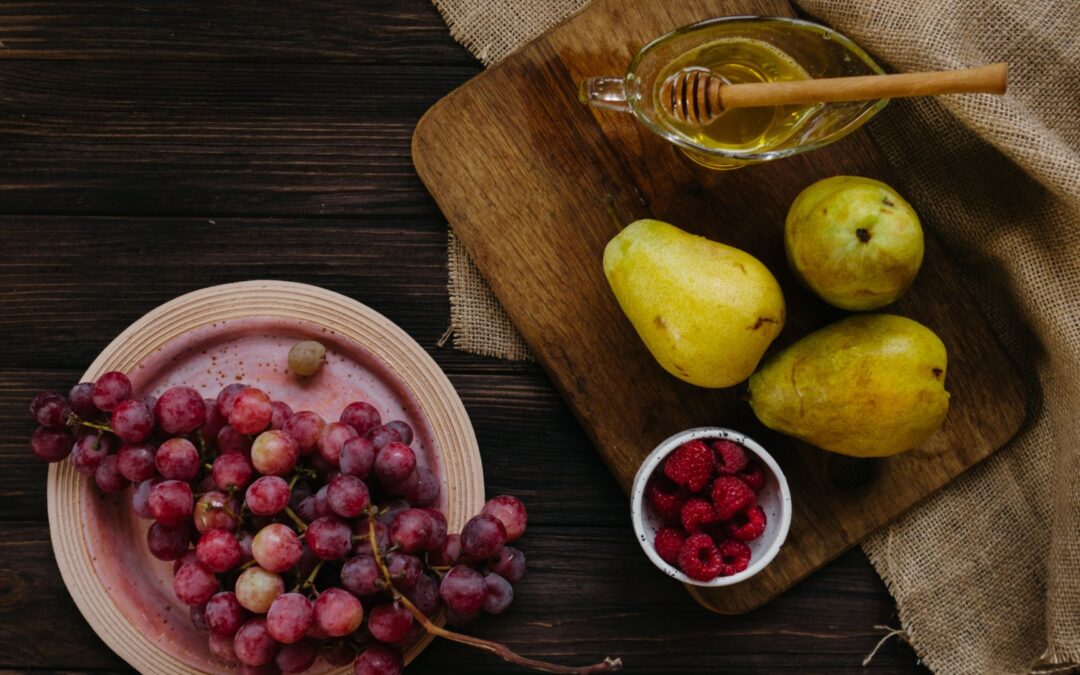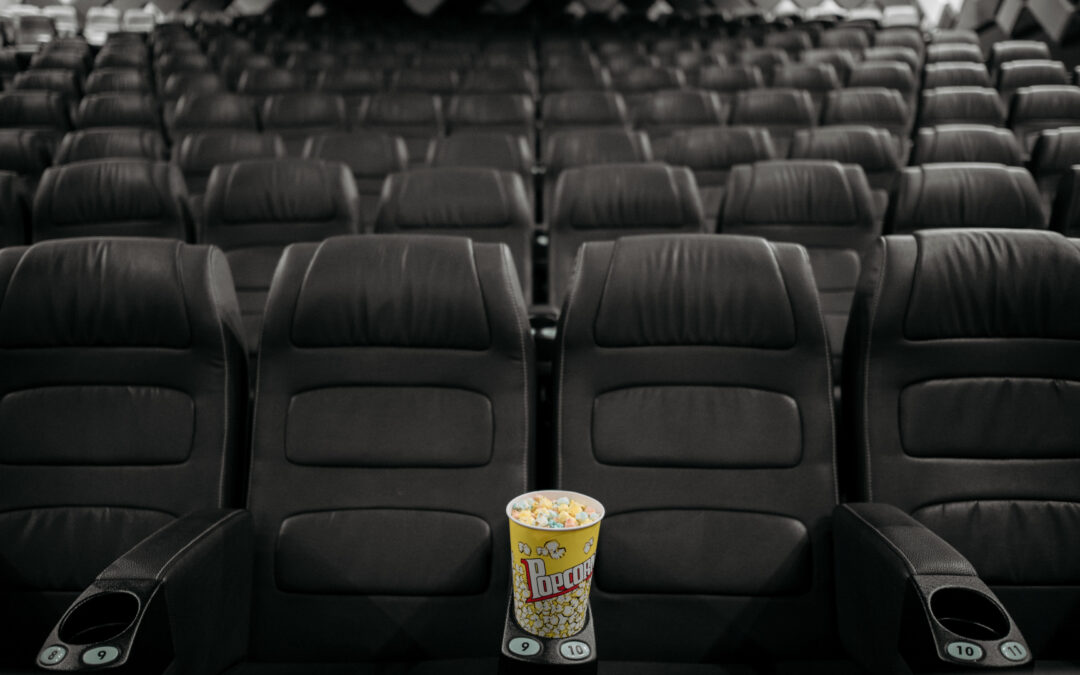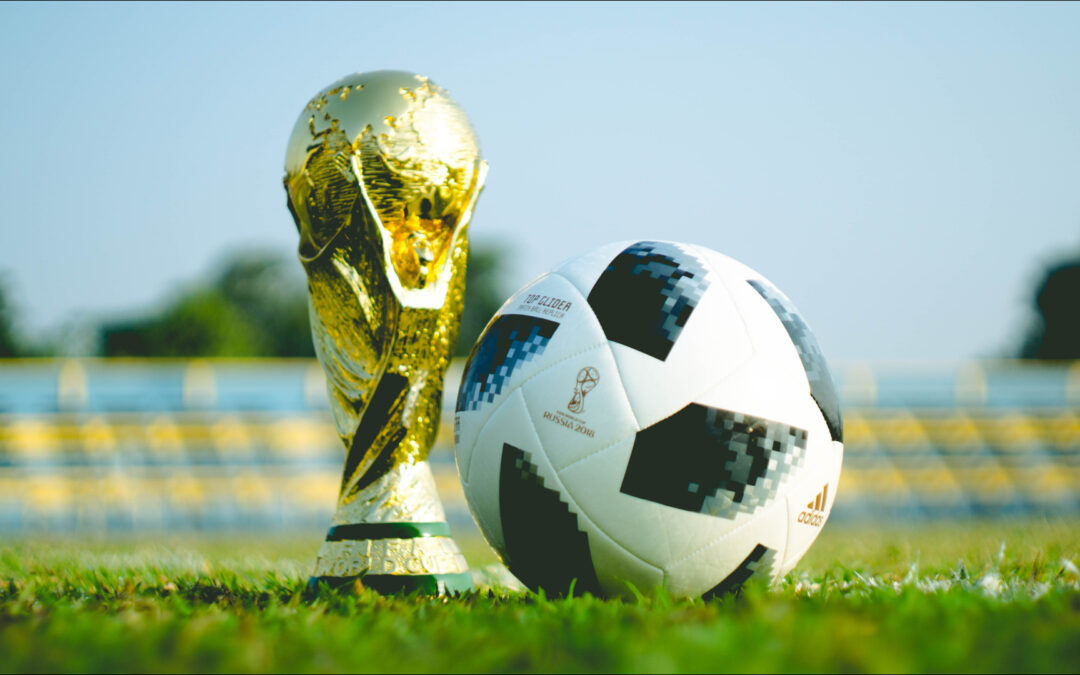Snacks are necessary around the afternoon slump when your stomach is growling and lunch seems like a distant memory. Whether or not you are able to make it to the next mealtime without feeling peckish again depends on the sort of snack you pick when hunger hits in between meals. If you consume anything high in sugar and simple carbohydrates, your energy levels may drop, leading you to overeat.
Research shows that, Simple carbohydrate intake has been linked to weariness. So, the big debate that comes to people’s mind: What should people prefer? Heavy snack or light snack?
Snacks are described as little meals consumed in between larger meals. Most individuals snack at least once a day, and there are many good reasons for this.
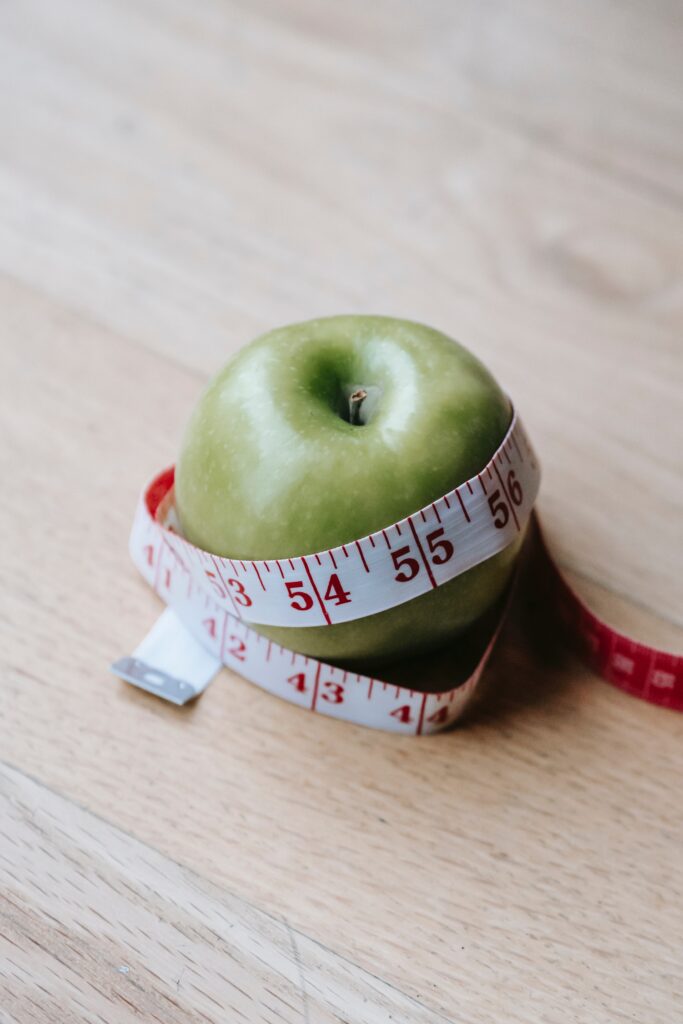
Typically, people’s stomachs begin to rumble a few hours after their previous meal is the most common one. Having a drop in energy that a nibble may fix is another. Another reason can be the anticipation of a particular snack’s flavor is enough to keep people coming back for more. Heavy snacks are usually full of protein or have a protein component. They are mostly fried in oil and the taste makes people go for them more and more. This could be something like shrimp cocktail, chicken wings, or smoked salmon canapés.
In comparison, light snacks got less protein or calories. Most of the time they are healthy like apples, avocados or other fruits. Measuring the pros and cons, People should prefer having light snacks rather than heavy snacks. Light snack helps curb your appetite to prevent overeating at the next meal. It provides a boost of energy if several hours pass between meals and blood glucose levels drop. The healthy choice also provides extra nutrients. That can be helpful in unfortunate cases like if one has a poor appetite but cannot eat full meals due to an illness or any other reason.
A snack portion should be enough to satisfy but not so much that it interferes with your appetite for a meal or adds too many calories. A general rule of thumb is to aim for about 150-250 calories per snack. Heavy snacks include more calories than this amount, sometimes twice or three times more! It adds extra calories and thus Heavy snacks can cause unwanted weight gain by adding excess calories.
On the other hand, Heavy snacks can reduce hunger at meal times or cause one to skip a meal entirely, which increases the risk of losing out on important nutrients. The consumption of ultra-processed, hyperpalatable snacks on a regular basis, such as those that contain added salt, sugar, and fats but that are high in calories and low in nutrients, can increase a preference for these kinds of foods. This can lead to a change in eating behaviors and the quality of one’s diet (e.g., a higher intake of hyperpalatable snacks along with a decreased intake of healthful foods). This type of consumption will increase the chance of heart diseases. So, people should avoid eating this type of snack.
